Since the shooting of Michael Brown on August 9th, 2014, Black America has restarted a movement, demanding respect and equality for black lives. Whenever an issue arises in the black community, there are many who provide black respectability politics as a solution, which is the idea that blacks can gain respect and equal treatment by acting more like white Americans instead of challenging the mainstream culture for its failure to accept difference. Each time a high-profile shooting of an African American by the police is covered, respectability politics are heard, asserting that if black “thugs” did not loot or destroy their communities they would be respected, or that those who look, dress, or act in a certain way, they are bringing their demise upon themselves.
Respectability politics are not new by any means, and that idea that civil rights would be easier to attain with the correct “victim” was used in many civil rights court cases. Most Americans know the story of Rosa Parks and her refusal to give up her seat to a white person on a public bus, but many do not know that Parks was not the first to do so. Two other women, Claudette Colvin and Mary Louise Smith, aged 15 and 18 (respectively) at the time, also were arrested for refusing to give up their seats on a bus. Though their cases came before Parks, both Colvin and Smith did not receive the same kind of attention and support because their cases were not used as the primary defendants by the NAACP. Colvin, still a teenager, became pregnant sometime after her arrest. Smith’s father was rumored to be an alcoholic. Colvin and Smith were not deemed as appropriate figureheads to test the case because of these factors in their lives. Parks, however, was perceived as a reliable adult and highly respected in the community. She was mixed with light skin and a loose hair texture, which was associated with the middle class. Parks was also the secretary of the NAACP at the time, making her a seemingly perfect candidate to test the case.
Looking back on the stories of Claudette Colvin and Mary Louise Smith, we must ask ourselves: why were these two women treated as less deserving of justice because of their life circumstances? Black peoples’ bodies and choices have been policed with white supremacy ideology for hundreds of years, and many times we see evidence of this ideology perpetuated by our own selves. Back then, many African Americans simply did what they needed to do to survive for themselves and their children, playing the game of respectability to gain access to resources and equality. In today’s world, while black people continue to face discrimination on all levels, in the U.S. we have more access to power and resources than ever before. With that, it is much easier for us to push back against the demand for respectability to earn freedom. We refuse for our equality to hinge on respectability, but demand it because we too, live and breathe as human beings.
Source: http://www.npr.org/templates/story/story.php?storyId=101719889
http://www.montgomeryboycott.com/mary-louise-smith/

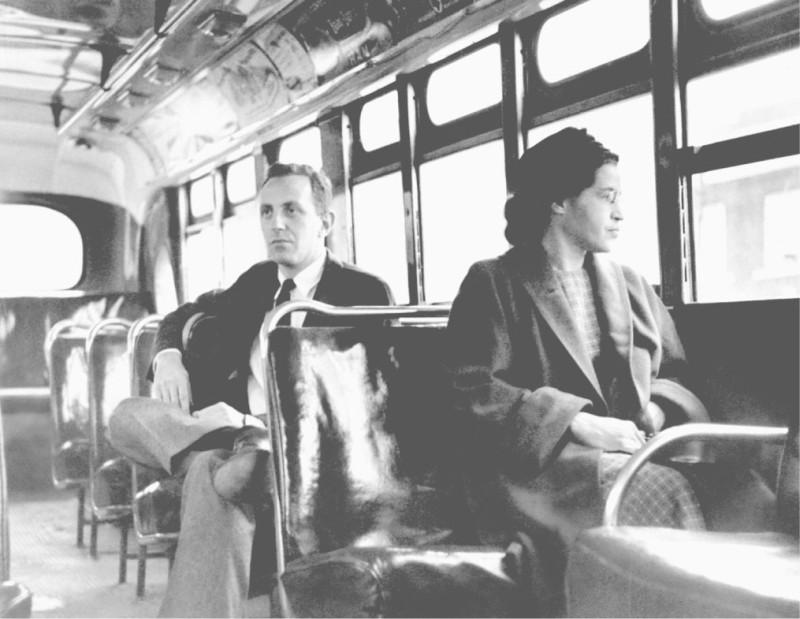





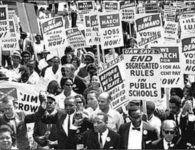
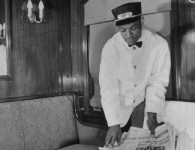

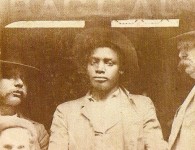
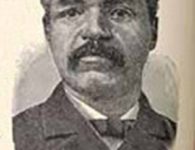


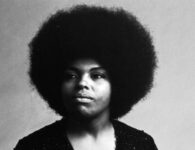

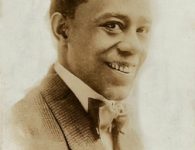



2 Comments
[…] the 1960s, the civil rights movement was in full swing. The leaders of the movement did not want reports of inappropriate or immoral behavior by protesters to sideline their progress. This […]
[…] the 1960s, the civil rights movement was in full swing. The leaders of the movement did not want reports of inappropriate or immoral behavior by protesters to sideline their progress. This […]